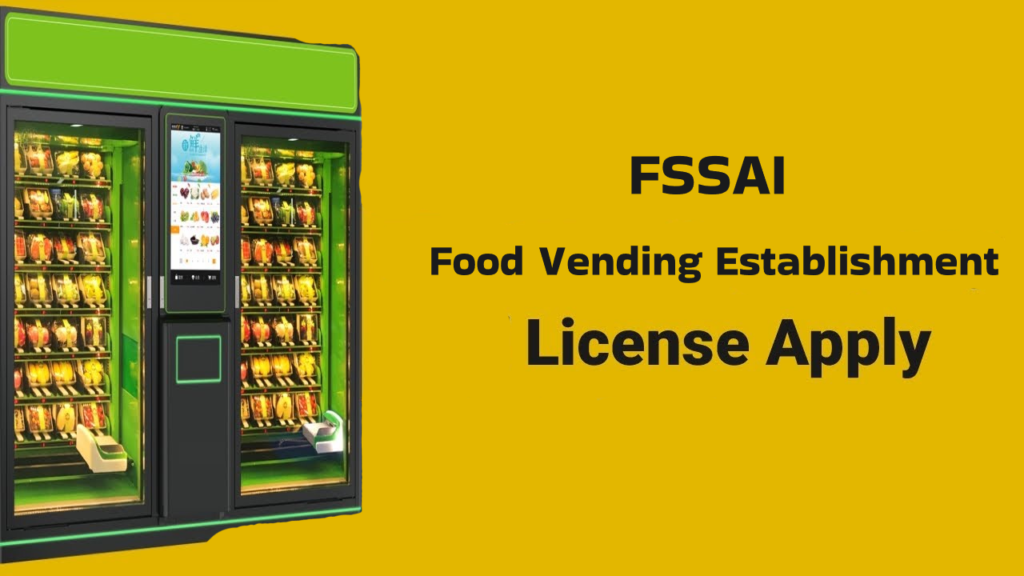Unlocking the World of Food Vending Establishments: A Comprehensive Guide
The aroma of freshly prepared food wafting through the air, the excitement of culinary discoveries – food vending establishments have been an integral part of our culture for centuries. This comprehensive guide delves into the vibrant world of food vending, exploring its significance, different types, regulations, and how to start your own successful venture.

Table of Contents
- Introduction to Food Vending Establishments
- The Evolution and Importance of Food Vending
- Types of Food Vending Establishments
- Food Trucks
- Street Food Stalls
- Kiosks and Carts
- Pop-Up Markets
- Regulations and Licensing
- Health and Safety Standards
- Local Permits and Licenses
- Food Hygiene and Handling Certifications
- Steps to Start a Food Vending Business
- Market Research and Concept Development
- Business Plan Creation
- Location Selection
- Equipment and Supplies
- Menu Creation
- Licensing and Legal Requirements
- Marketing and Promotion Strategies
- Challenges and Opportunities in Food Vending
- Success Stories in the Food Vending Industry
- FAQs About Food Vending Establishments
- Conclusion
Introduction to Food Vending Establishments
Food vending establishments encapsulate the joy of culinary experiences in a convenient and accessible way. From the humble food cart to gourmet food trucks, these establishments offer diverse cuisines and gastronomic delights to people on the go.
The Evolution and Importance of Food Vending
Food vending has evolved from its historical roots to become a dynamic and influential industry. It not only caters to diverse palates but also serves as an economic driver, creating jobs and contributing to local economies.
Types of Food Vending Establishments
- Food Trucks: Mobile kitchens that travel to different locations, offering a wide range of cuisines.
- Street Food Stalls: Fixed food stalls along streets and markets, known for their local and cultural flavors.
- Kiosks and Carts: Compact setups ideal for selling specific items like snacks, beverages, or desserts.
- Pop-Up Markets: Temporary markets where vendors gather to sell their culinary creations.
Regulations and Licensing
To operate a food vending establishment, adhering to health and safety standards is crucial. Obtaining local permits, licenses, and certifications related to food hygiene and handling ensures compliance with regulations.
Steps to Start a Food Vending Business
- Market Research and Concept Development: Identify your target audience, preferences, and unique selling points.
- Business Plan Creation: Outline your business goals, revenue projections, and marketing strategies.
- Location Selection: Choose high-footfall areas that match your target audience.
- Equipment and Supplies: Invest in high-quality cooking equipment and fresh ingredients.
- Menu Creation: Develop a diverse menu that appeals to different tastes.
- Licensing and Legal Requirements: Obtain necessary permits and licenses from local authorities.
- Marketing and Promotion Strategies: Utilize social media, food festivals, and collaborations to create buzz.
Challenges and Opportunities in Food Vending
While food vending offers immense opportunities for culinary creativity and business growth, challenges such as competition, regulatory compliance, and seasonal demand fluctuations need to be navigated effectively.
Success Stories in the Food Vending Industry
From the humble beginnings of food carts to the rise of gourmet food trucks, numerous success stories highlight the potential for innovation and success in the food vending industry.
FAQs About Food Vending Establishments
1. Do I need a culinary background to start a food vending business?
Ans: No, a culinary background isn’t mandatory, but a passion for food and a willingness to learn are essential.
2. How can I find suitable locations for my food vending establishment?
Ans: Research high-traffic areas, events, and office complexes where people seek quick and tasty meals.
3. What permits do I need for operating a food truck?
Ans: You’ll need local business permits, health department approvals, and a mobile food vending license.
4. Can I serve alcohol in a food vending establishment?
Ans: It depends on local regulations. Some areas allow alcohol service, but specific permits may be required.
5. How can I ensure food safety in my establishment?
Ans: Regular training for staff, maintaining proper hygiene practices, and complying with food safety regulations are key.
Conclusion
Food vending establishments celebrate the essence of culinary diversity, offering delectable dishes to a wide range of patrons. From food trucks that roam the streets to cozy street stalls that evoke nostalgia, these establishments combine innovation, tradition, and entrepreneurship. By understanding regulations, honing your culinary skills, and embracing creativity, you can embark on a rewarding journey in the world of food vending, satisfying appetites and creating memorable experiences.

